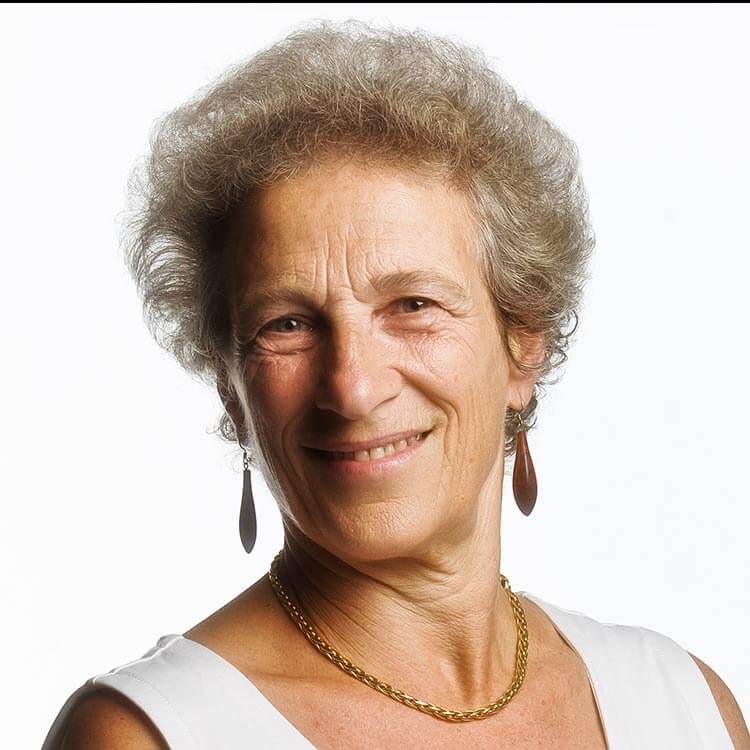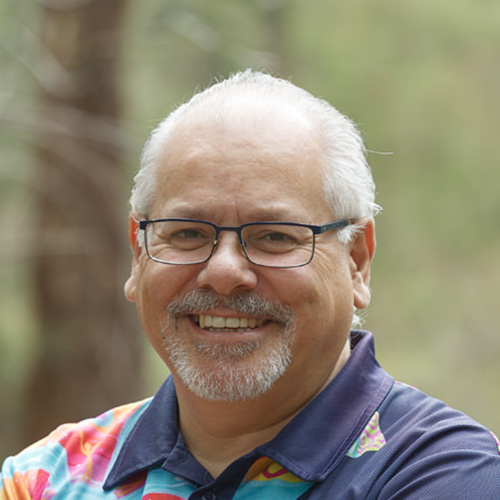Search


People
Associate Professor Glenn PearsonDirector of First Nations Strategy and Leadership; Head, First Nations Health and Equity Research

Research
Morbidity due to acute lower respiratory infection in children with birth defects: A total population-based linked data studyChildren with birth defects experience higher rates of hospitalisation for ALRIs before age 2 years than children with no birth defects.
Research
Invasive Staphylococcus aureus Infections in Children in Tropical Northern AustraliaWe conducted a retrospective review for all cases of S aureus bacteremia and sterile site infections, for children under 15 years, in northern Australia over...
Research
Gaps in Indigenous disadvantage not closing: A census cohort study of social determinants of health in Australia, Canada, and New Zealand from 1981-2006Australia, Canada, and New Zealand are all developed nations that are home to Indigenous populations which have historically faced poorer outcomes than their...
Research
High Nasopharyngeal Carriage of Non-Vaccine Serotypes in Western Australian Aboriginal People Following 10 Years of Pneumococcal Conjugate VaccinationInvasive pneumococcal disease (IPD) continues to occur at high rates among Australian Aboriginal people.
Research
Making a difference: Engaging both hearts and minds in research practiceThis paper discusses the findings and the research process undertaken thus far for the Looking Forward Aboriginal Mental Health Project.
Research
Extensive Diversity of Streptococcus pyogenes in a Remote Human Population Reflects Global-Scale Transmission Rather than Localised DiversificationThe Indigenous population of the Northern Territory of Australia (NT) suffers from a very high burden of Streptococcus pyogenes disease, including cardiac...
Research
Improving the health of First Nations children in AustraliaHealth and wellbeing of children and young people are the keys to human capability of future generations.
